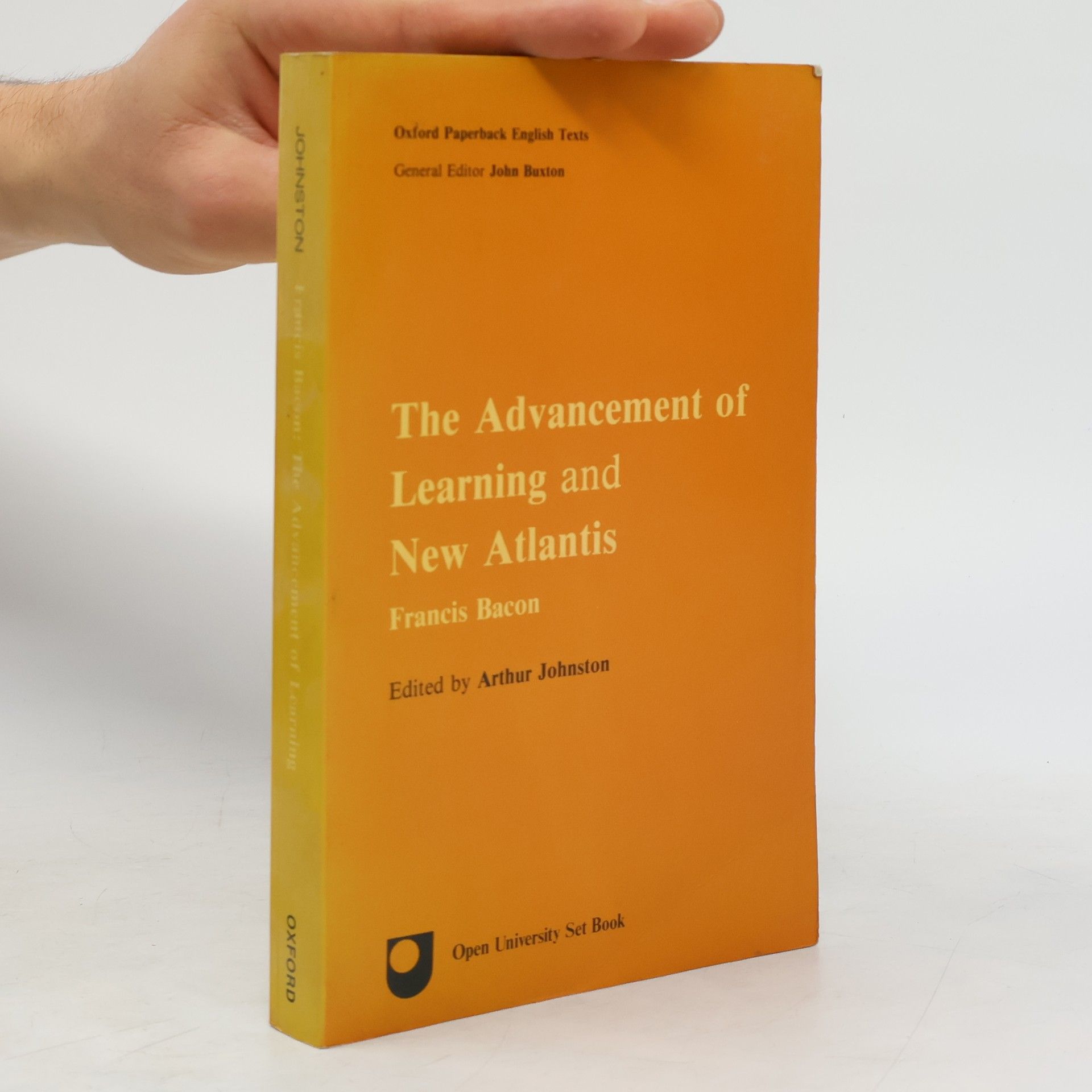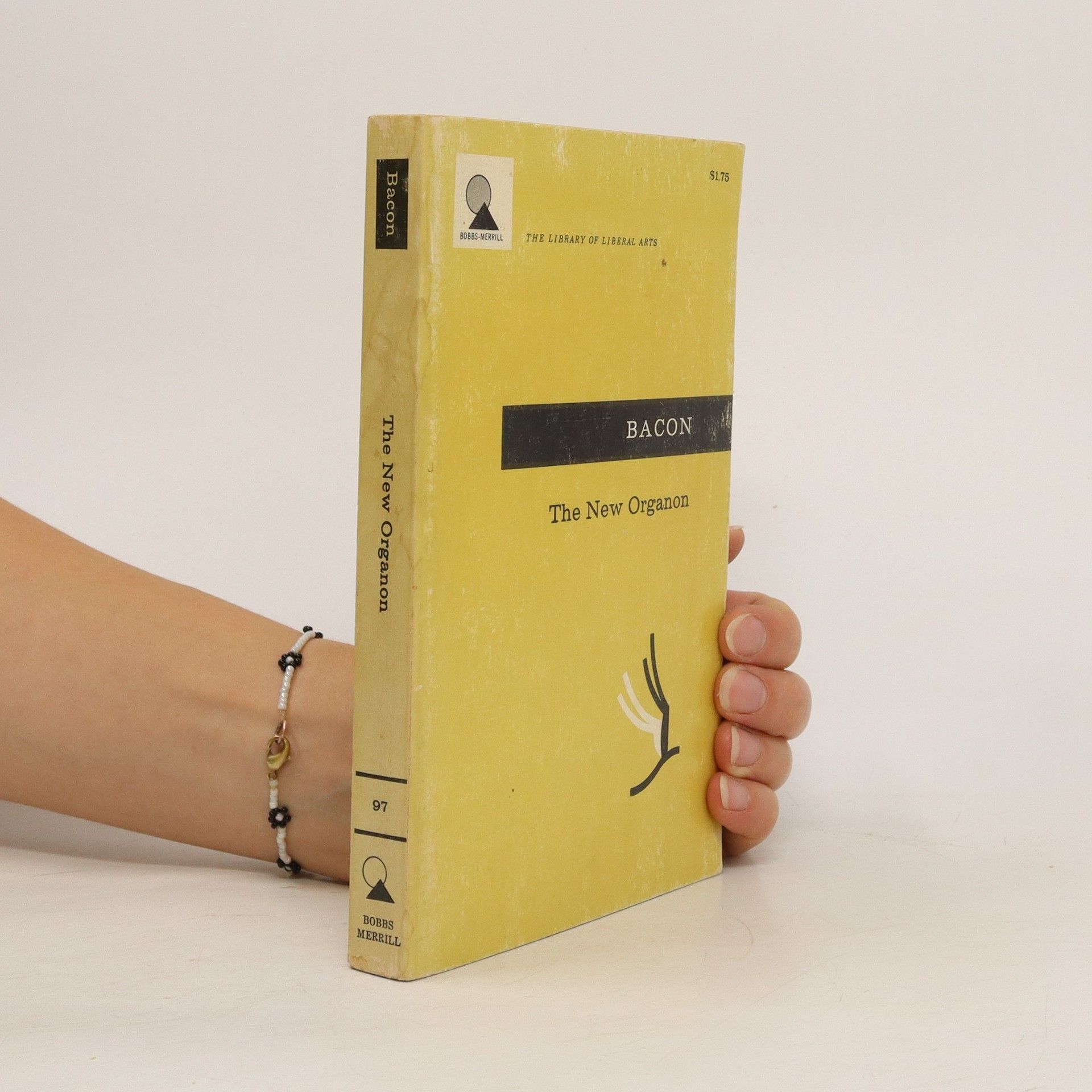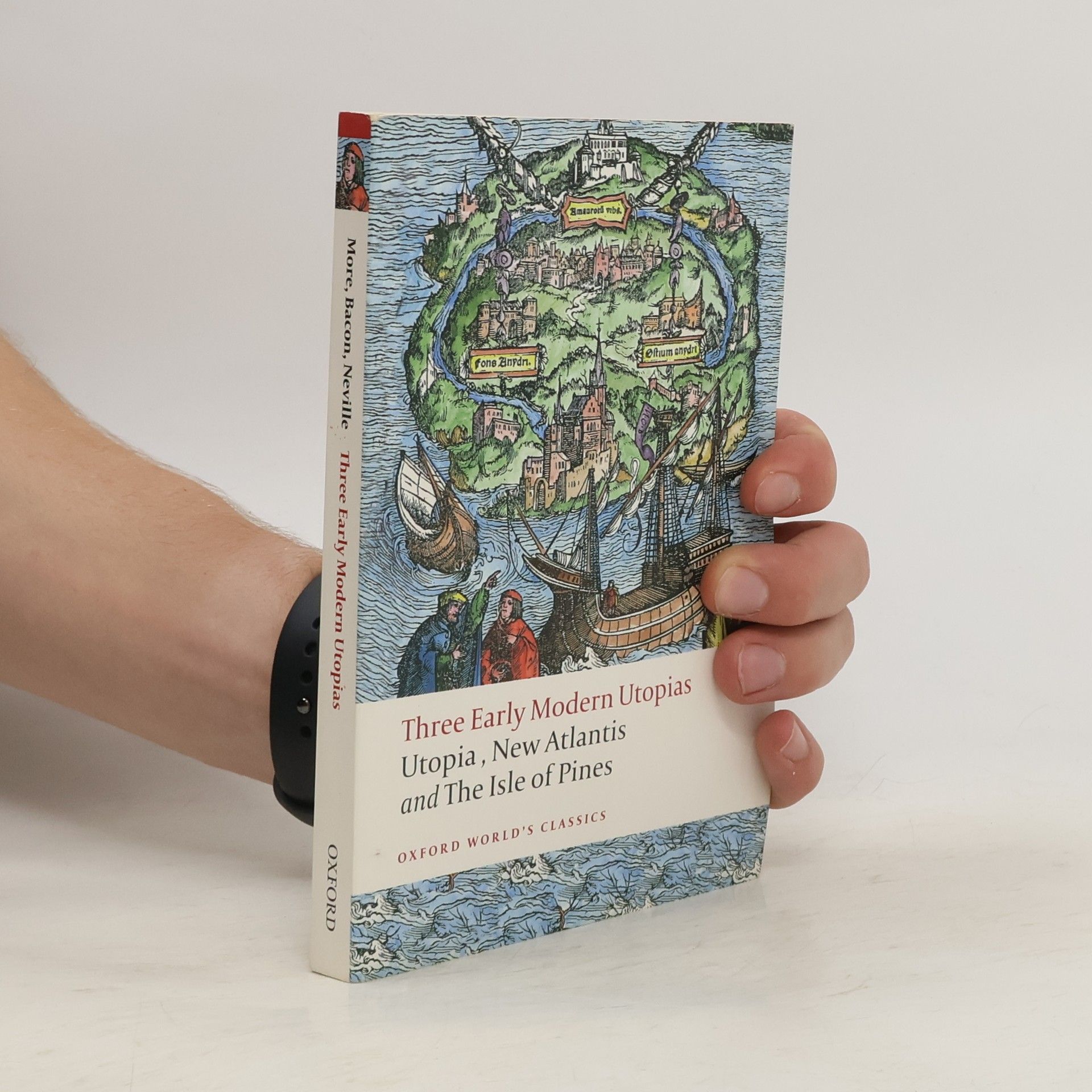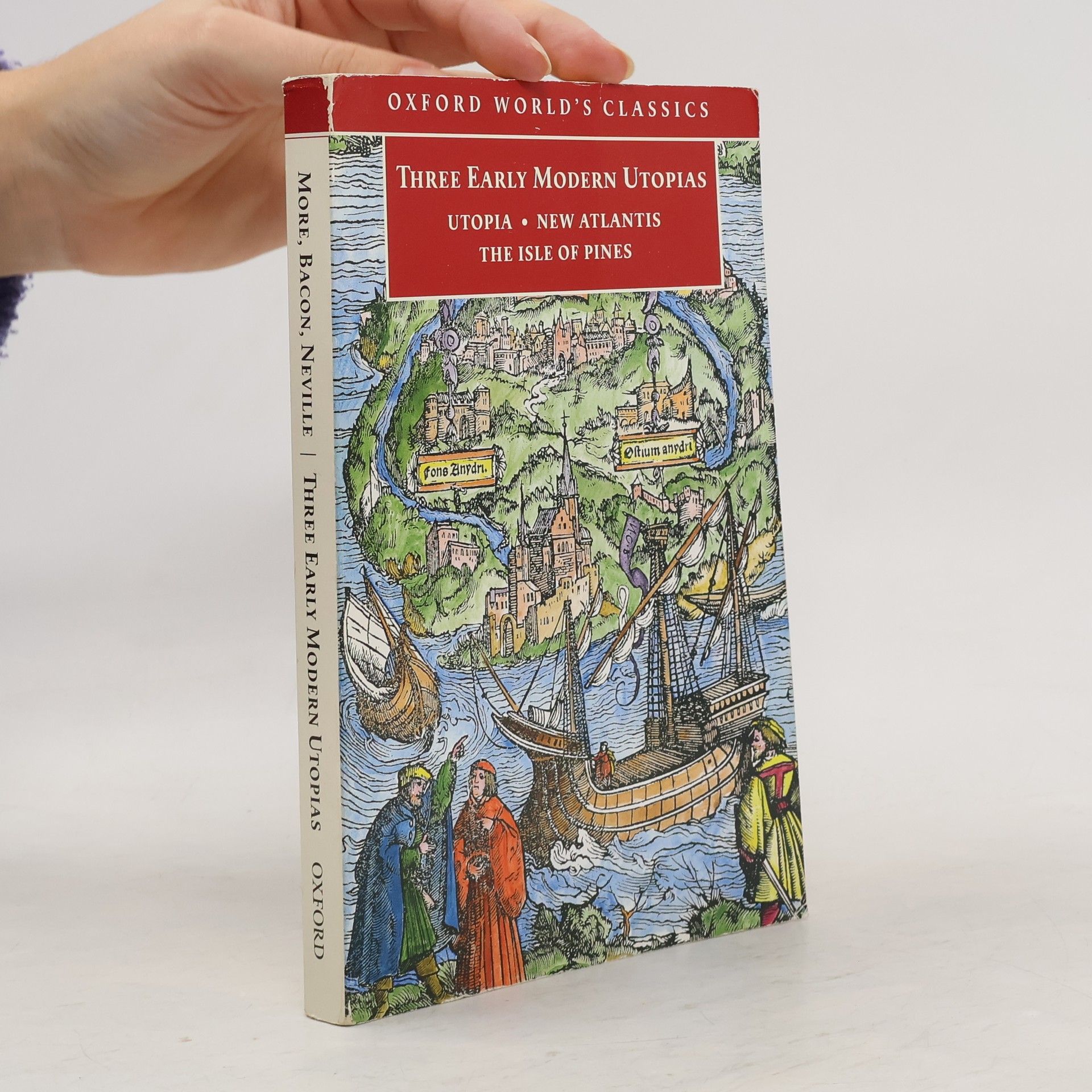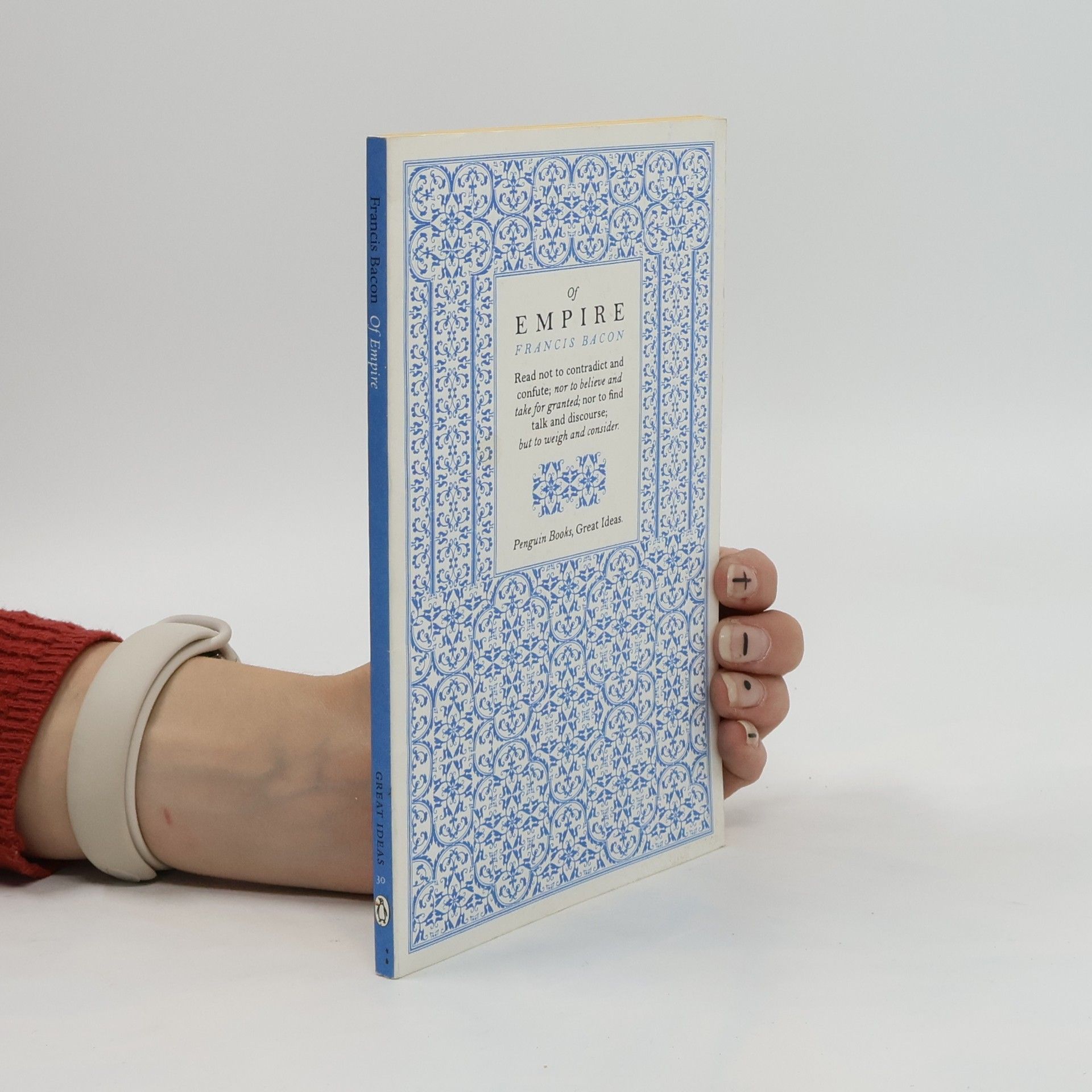Francis Bacon's Studio
- 239pages
- 9 heures de lecture
Francis Bacon (1909-1992) is regarded as one of the most important post-war painters, and his work is represented in major public collections worldwide. This is the first in-depth study of the rich contents of Bacon's studio in South Kensington, London, in which he worked from 1961 until his death. The studio contents totalled 7500 objects, including photographs, books and works on paper; together they offer unprecedented insights into the source materials and working methods of one of the giants of modern art.


